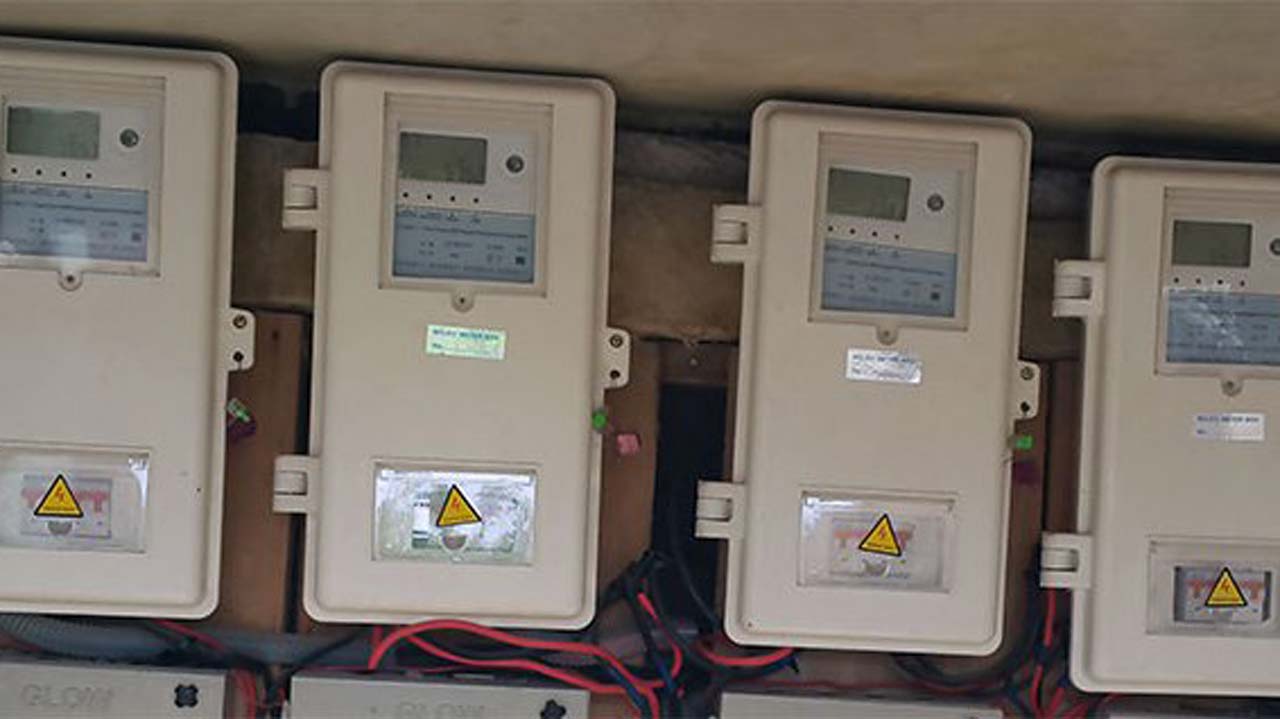If something fast is not done to raise Nigerian oil output to the 2017 budget specification of 2.2 million barrels per day (mbpd), indications are rife that the budget may start early deficit financing.
Analysts say when expected revenue target starts to fail early in the life of a budget; it builds up chances of debt and failure to deliver key capital expenditures.
Weekend, details filtered in showing that Nigeria’s crude oil production has fallen from two million barrels per day to as low as 1.27 million bpd amid the shutdown of two major export grades.
Newly released monthly oil market report for April by OPEC, said Nigeria recorded the biggest decline of 157,000 bpd in March.
It would be recalled that just few days after Italy’s Eni lifted force majeure on Brass River crude oil exports from Nigeria in February, the Minister of State for Petroleum Resources, Dr. Ibe Kachikwu, said crude oil production had risen to two million bpd.
The NNPC said in its latest monthly report that the Federal Government’s engagement with the Niger Delta militants had continued to enhance production.
The corporation said, “Areas much affected by the militant activities are the onshore and shallow water assets, where government’s share is high. Hence, sustained security of onshore and shallow water locations remains a priority to restore production to peak levels.”
There is however hopes of meeting up the 2.2mbpd when Nigeria will revive oil production this summer as it completes maintenance and repairs, and expects fellow OPEC members to continue to cut their output in the second half of the year, Oil Minister Emmanuel Kachikwu said.
Africa’s second-biggest producer will finish repairs on the Forcados pipeline by June and complete maintenance at the Bonga oilfield the following month, Kachikwu said in a Bloomberg Television interview. The country’s output slumped to 1.27 million barrels a day last month, the lowest in decades, according to data provided by the nation. It aims to reach 2.2 million barrels a day.
With production losses due to militant attacks, Nigeria had been exempt from output cuts by the Organization of Petroleum Exporting Countries. The nation will join the OPEC measure once it has fully restored output it’s lost, which could happen as early as October or November, and meanwhile expects the counterparts to extend the cuts to keep oil prices above $50 a barrel, Kachikwu said.
“I’m not sure we have an alternative, we’ve got to,” Kachikwu said. “There’s a lot of energy around a six-month extension,” which should be “easy” to agree when ministers meet in May.
Maintenance reduced Nigeria’s output in March by 250,000 barrels, he said. Having been spared from militant attacks for three months, the country’s focus for boosting output is shifting away from security threats toward fiscal issues, he said.









